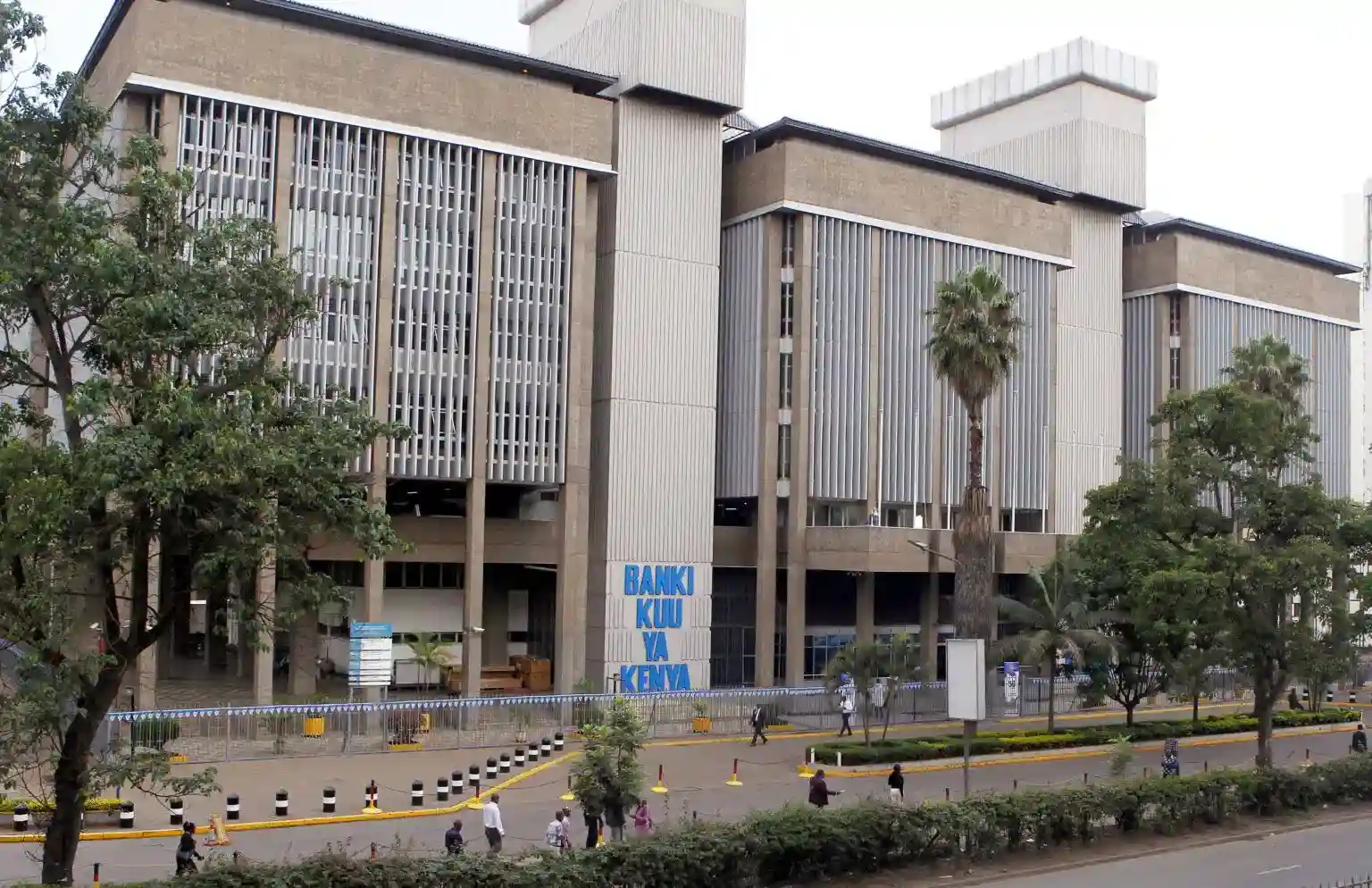Consolidated Bank of Kenya has deepened its reliance on the Central Bank for emergency funding as it struggles with severe capital shortfalls, even as it appeals to the National Treasury for fresh financial support.
The latest financial disclosures show the State-owned bank increased its borrowing from the Central Bank through repurchase agreements (repos) by 51.5 percent, reaching Sh4.72 billion in the year ended December 2024, up from Sh3.12 billion in the previous year.
This move highlights the lender’s effort to address persistent liquidity and capital adequacy challenges.
With a core capital of negative Sh715 million by the close of 2024—far below the minimum requirement of Sh1 billion, Consolidated Bank turned to the CBK for short-term loans backed by government securities.
The bank paid interest rates of up to 11.25 percent for the repos, each of which had a three-month maturity period.
Repos are short-term loans that allow banks to borrow from CBK by offering Treasury bonds as collateral and committing to repurchase them later at a premium.
Consolidated Bank utilised three such arrangements in 2024: Sh1.01 billion on October 11, Sh1.66 billion on December 2, and Sh2.05 billion on December 11.
In the previous year, the bank had taken three similar facilities worth Sh1.02 billion, Sh651 million, and Sh902 million, in addition to a one-week repo of Sh542.9 million. The latest repos were backed by Treasury bonds worth Sh4.95 billion, which represented 77.8 percent of its total Sh6.36 billion Treasury bond holdings.
Despite these measures, the bank remains under regulatory pressure due to its weak capital base. The Auditor-General flagged the negative core capital and accumulated losses of Sh4.45 billion, warning that these issues cast a “significant doubt” on the bank’s ability to continue operating.
In response, the bank has stepped up talks with its majority shareholder, the National Treasury, which owns 93.4 percent of the bank.
“Raising additional capital to finance growth and maintain healthy regulatory ratios is of paramount importance. The board has been in constant engagement with the National Treasury, the majority shareholder, and other shareholders to inject additional capital in the bank to ensure compliance with the regulatory ratios,” the bank stated.
“The National Treasury, the majority shareholder with 93.4 percent stake, is committed to continue to support the bank to meet regulatory capital ratios and implement the 2023–2027 strategic plan,” the report further noted.
The situation places Consolidated Bank among a group of lenders now under increasing pressure to boost their capital in line with the Business Laws (Amendment) Act, 2024, as regulatory compliance tightens in the banking sector.

